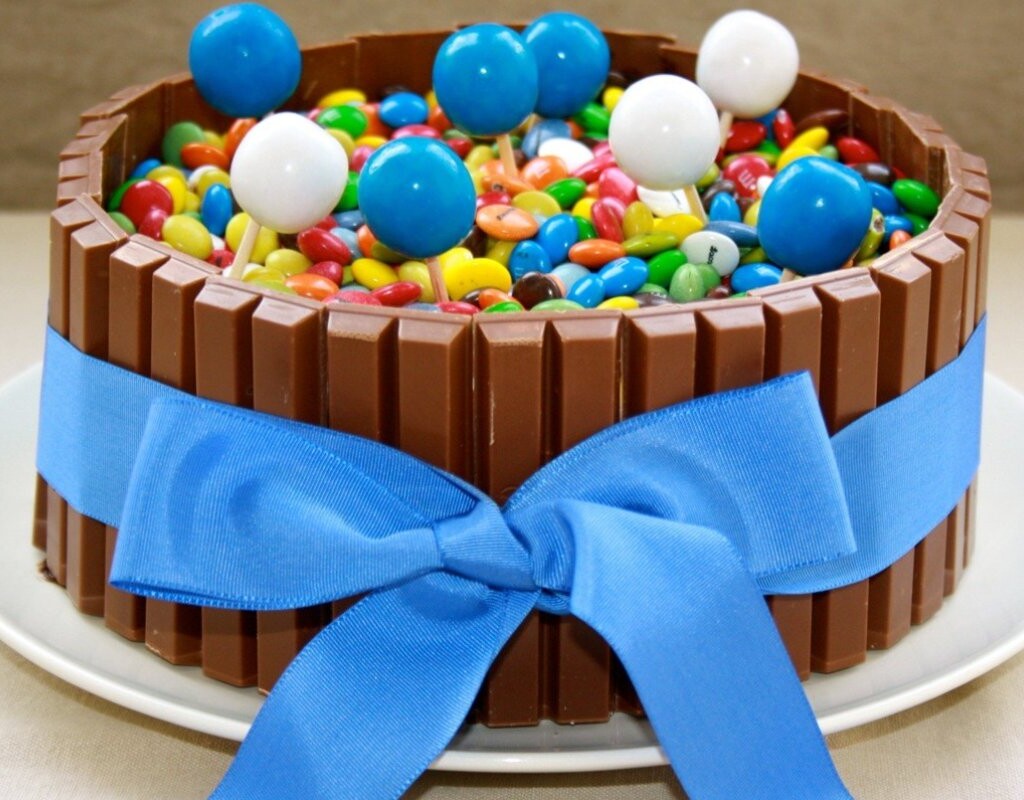Trace the origins of the birthday cake tradition and how it has evolved over time. From Ancient Greece and rituals to the moon goddess Artemis, to Medieval Germany where birthday cakes were incorporated into Christmas celebrations and became a conventional part of commemorating the birth of Jesus.
Uncover the Birthday Cake Traditions Around the World from Ancient Greece to the Present
Discover the different birthday cake traditions around the world, from Mexico to South Korea and Denmark. This article shows us how birthday cake has become an essential part of celebrations around the globe.
The origin of this custom dates back to Ancient Greece, where they adopted the idea of cake from the Ancient Egyptians. Since then, this tradition has been kept and popularized throughout the 16th and 17th centuries.
Whether buying an elegant cake from a shop or baking one with love at home, no birthday is complete without a shining cake and plenty of candles.
The tradition of eating cake to celebrate another year of life has its roots in Ancient Greece. The Greeks adopted the custom of the ancient Egyptians, who celebrated the “birthday” of their crowned pharaohs as gods and goddesses.
In Ancient Egypt, cakes were considered sacred and used as offerings to deities, kings, and heroes instead of animal sacrifices. Inspired by this practice, the Greeks began to offer cakes to their moon goddess, Artemis, in their birthday rituals.
Greek cakes were made with pieces of baked bread, cookies, baked goods, and sponges sweetened with honey known as “meli”. They placed candles on the cake so that it would shine like a full moon in honor of Artemis.
Next time you blow out the candles on your birthday cake, remember that you are taking part in a tradition that dates back to antiquity and has evolved over the centuries.
How Birthday Cakes Became a Christmas Tradition in Germany Since the Middle Ages
Since the Middle Ages Germans have been celebrating the birth of Christ with Christmas decorations, Christmas trees and surprisingly birthday cakes.
Birthday cakes became part of children’s birthday celebrations after they became a conventional part of the commemoration of the birth of Jesus.
In the 1400s children’s birthday celebrations were known as “children’s festivals” in Germany. Parents would usually prepare them in the morning for Kinderfest. Soon after they began to place candles to signify the child’s age and year.
With the advent of the 16th and 17th centuries and technological advances the price of products such as sugar decreased significantly making cake accessible to the masses.
By 1800 birthday parties had become increasingly commonplace, thanks to the Industrial Revolution. In this way birthday cakes experienced a tremendous increase in popularity paving the way for “modern cakes”.
The Evolution of Birthday Cake Traditions Around the World
Nowadays there has been a notable rise in the celebration of various holidays, milestones or achievements and each occasion deserves a cake to make it even more special.
In Mexico the first slice of the birthday cake is reserved for the most beloved person. In Korea a steamed rice cake called tteok is served on a child’s first birthday which is usually filled with different ingredients and is accompanied by Korean seaweed soup.
In Denmark traditional birthday cakes take the shape of the birthday person and are known as “Kagemand” for bakers and “Kagekone” for pastry chefs.
In India, Mawa cake, made of milk and nuts, is a traditional birthday cake that is especially significant since it requires a lot of time and effort to make, making it even more special for the person celebrating.
Revani is a popular birthday cake in Greece and Turkey, made with semolina and lemon and topped with a thin layer of orange syrup to give it a sweet flavor.
On the other hand, Ugat Yomledet is an iconic Jewish birthday cake, a spongy and moist cake with generous portions of frosting or whipped cream on top. This cake is best enjoyed with milk or dunked like an Oreo cookie.
It is clear that birthday cake is a deeply rooted tradition with its origins in ancient Greece. Throughout history, the celebration of birthdays has evolved and has taken on different forms around the world.
The birthday cake has become an integral part of these celebrations because it represents a connection to the ancient tradition and is a symbol of joy and happiness.




